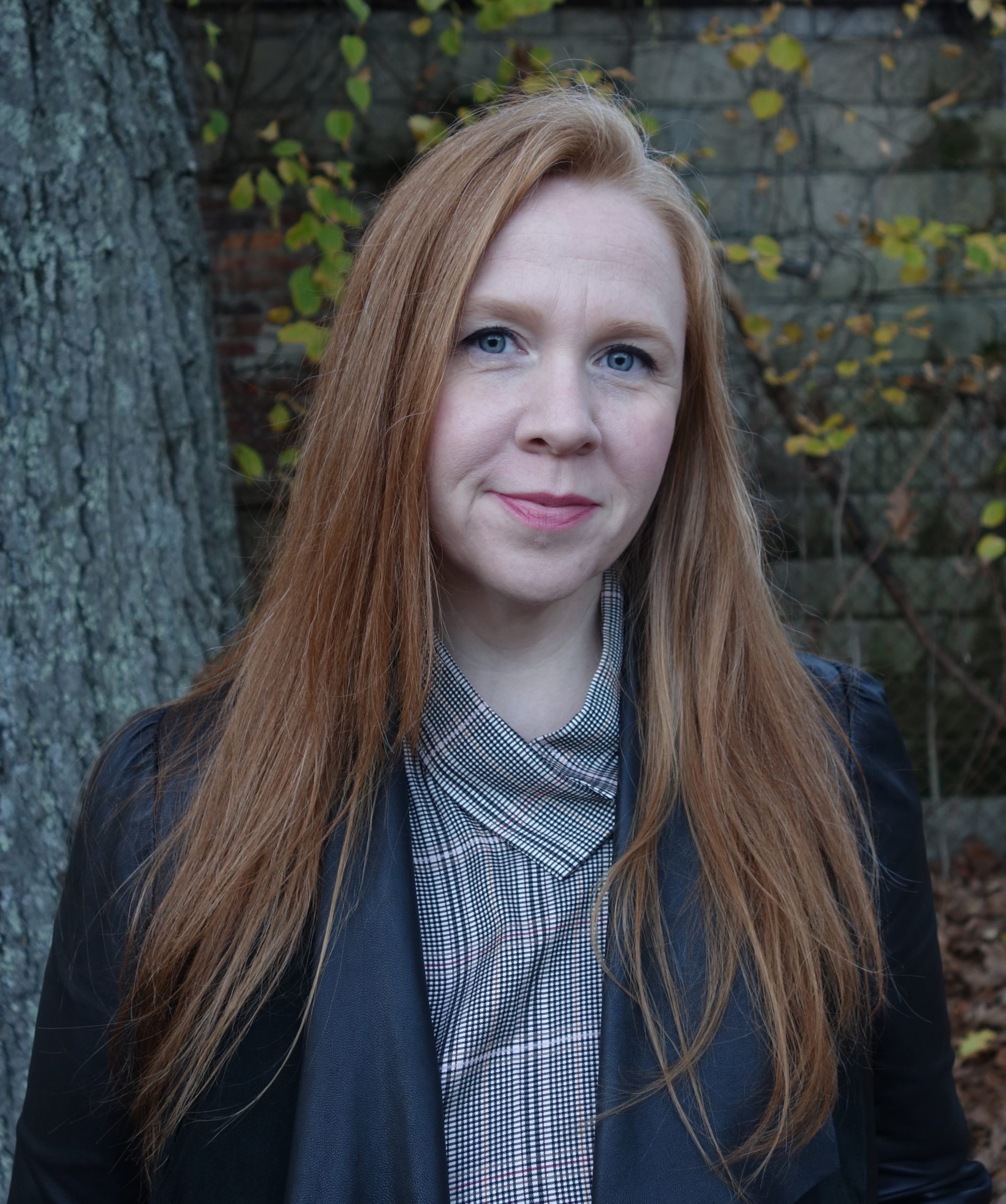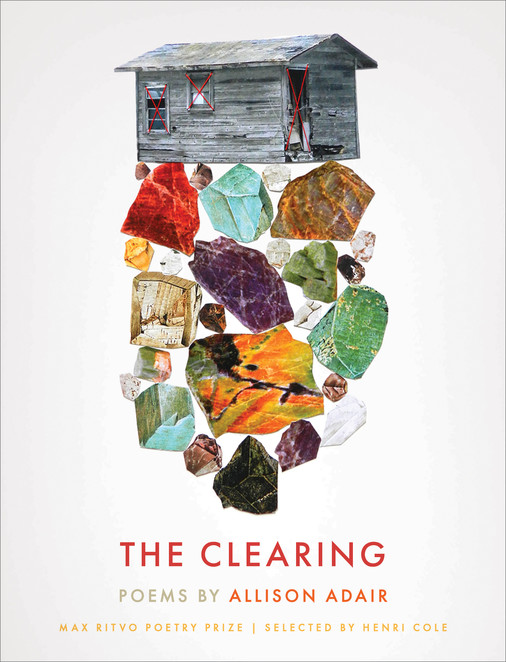If wavy glass feels old to you then sit down. I’m speakingfrom inside the lead curve, where black minerals burnto a shine like pissed-off soot suns. I was sure it wasa boy. I thought I knew the sound of darkness,the slow leather collapse of a bat’s wingfolding into itself, the swollen fucking of a cloudof them wrestling for space on the cave’s drapery—let’s call it what it is because that’s how death begins, by trickingyour body into an arch, as if life will just tie a string to your spineand hang there, a patient pendulum bob, waiting for you to finish.No, inside the glass we see death clearly. First you feel limbs(which, people remind you, you only ever imagined), then vagueflinting in the damp then the suck of wet bread separatingfrom its crust, then the white gloves around you flip insideout and move on with the bright day then you are far awaythe deep cave you visited once, hollow, the planet’s stonecore as it tries to carve out one secret place and fails.You wait for a soft mouse above to spill outof its hole, for the bats under your ribsto flap toward some smaller pulse,for the sun to give in, as it does,so that the last headlamp canfinally click off and headback into the nighteverybody knows.
Ways to Describe a Death Inside Your Own Living Body
Feature Date
- July 23, 2020
Series
Selected By
Share This Poem
Print This Poem
Copyright © 2020 by Allison Adair
from THE CLEARING, Milkweed Editions
All rights reserved.
Reproduced by Poetry Daily with permission.

Originally from central Pennsylvania, Allison Adair now lives in Boston, where she teaches at Boston College and GrubStreet. Her poems have appeared or are forthcoming in American Poetry Review, Arts & Letters, Best American Poetry, Best New Poets, Kenyon Review Online, North American Review, and ZYZZYVA, among other journals. Allison is the recipient of the Pushcart Prize, the Florida Review Editors’ Award, the Orlando Prize, and first place in Mid-American Review’s Fineline Competition. She is the author of the Max Ritvo Poetry Prize-winning collection, The Clearing.
Winner of the 2020 Max Ritvo Poetry Prize
“The Clearing is a lush, lyrical book about a world where women are meant to carry things to safety and men leave decisively. Out of dry farming soil come these wise, mineral-like poems about young motherhood, mining disasters, miscarriages, memory, and much more. Allison Adair's poems are haunting and dirt caked, but there is also a tense beauty everywhere. I found The Clearing devastating.”
—Henri Cole
“‘What if this time instead of crumbs the girl drops / teeth, her own, what else does she have…’ So begins Allison Adair’s The Clearing, the title poem leading us, tooth by tooth, line by line, into this dark forest of a book. Adair’s phrases are spell-like, their ingredients mixed in surprising, potent ways: ‘the fat matter of memory,’ a caterpillar’s ‘sad accordion hymn,’ the ‘Gregorian green singing grass.’ I would follow this poet wherever her mind goes—even into the deepest woods, into memories of grief and loss—and I would trust her words to lead me out again. The Clearing is brilliant, gutting, completely original.”
—Maggie Smith
“Adair dives into motherhood, history, and the now to find the currents—loss, violence, yearning—that keep us afloat, that shipwreck us. Her gaze is clear-eyed, precise, and jarring: ‘The dog’s staph-eaten paw / soaking in a Cool Whip bowl’ and ‘the caterpillar inches along, lost / in its sad accordion hymn.’ Her lyricism is astonishing and her attentiveness to sound dazzles: antlers rub against apple bark, bats drown, and music is struck from anvils. Adair’s sensory-rich language doesn’t reconfigure pain into beauty, though. It does something harder—it forces us to contend with the light and the dark inside each of us.”
—Eduardo Corral
Poetry Daily Depends on You
With your support, we make reading the best contemporary poetry a treasured daily experience. Consider a contribution today.




